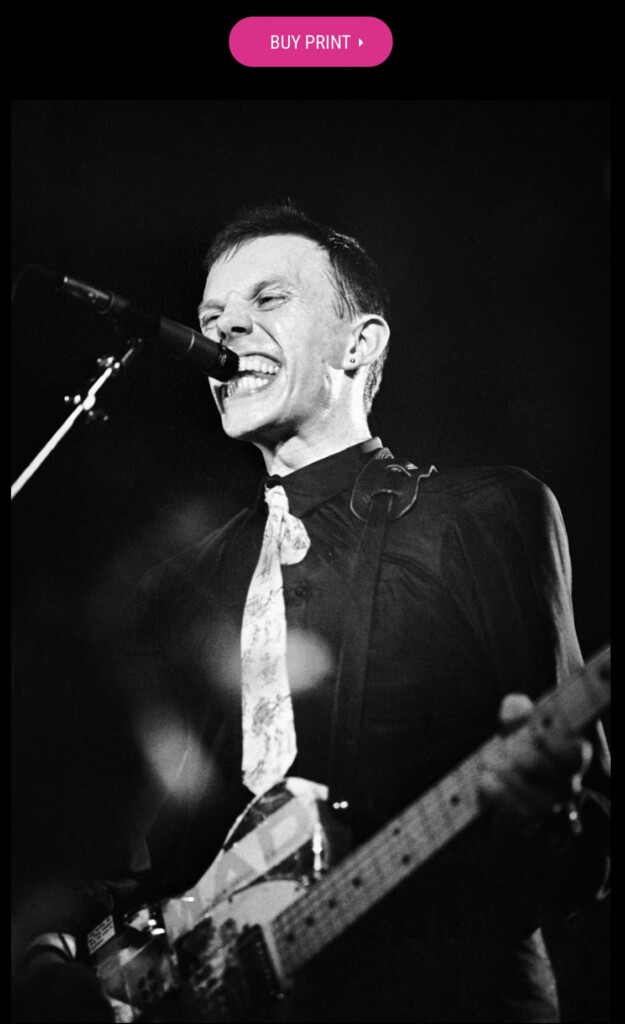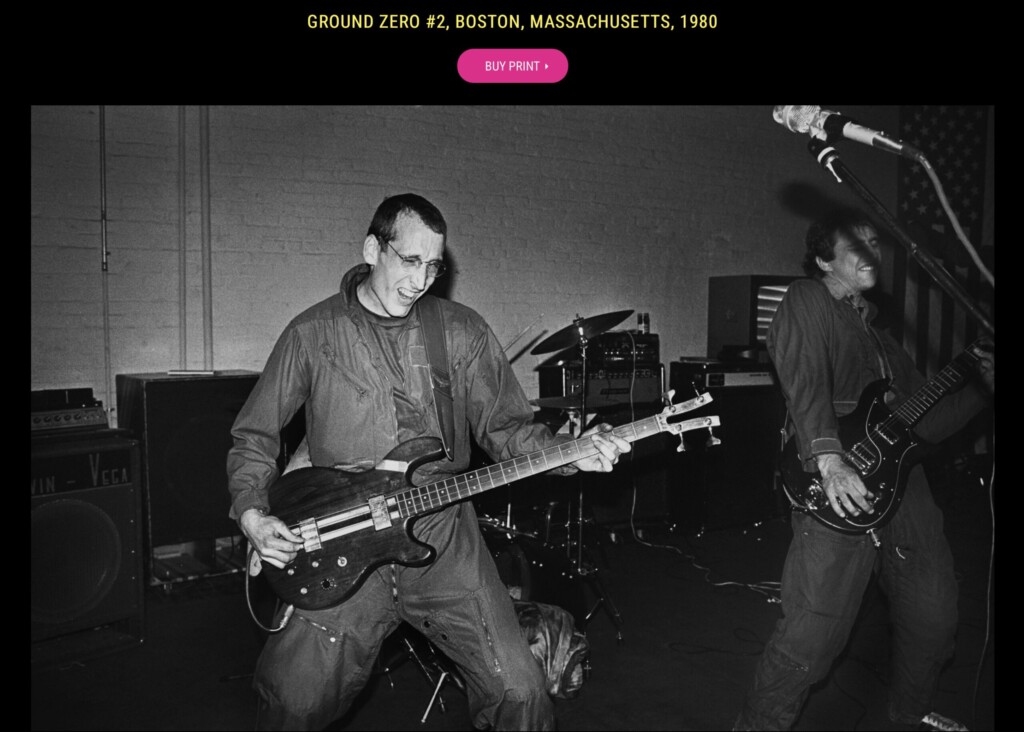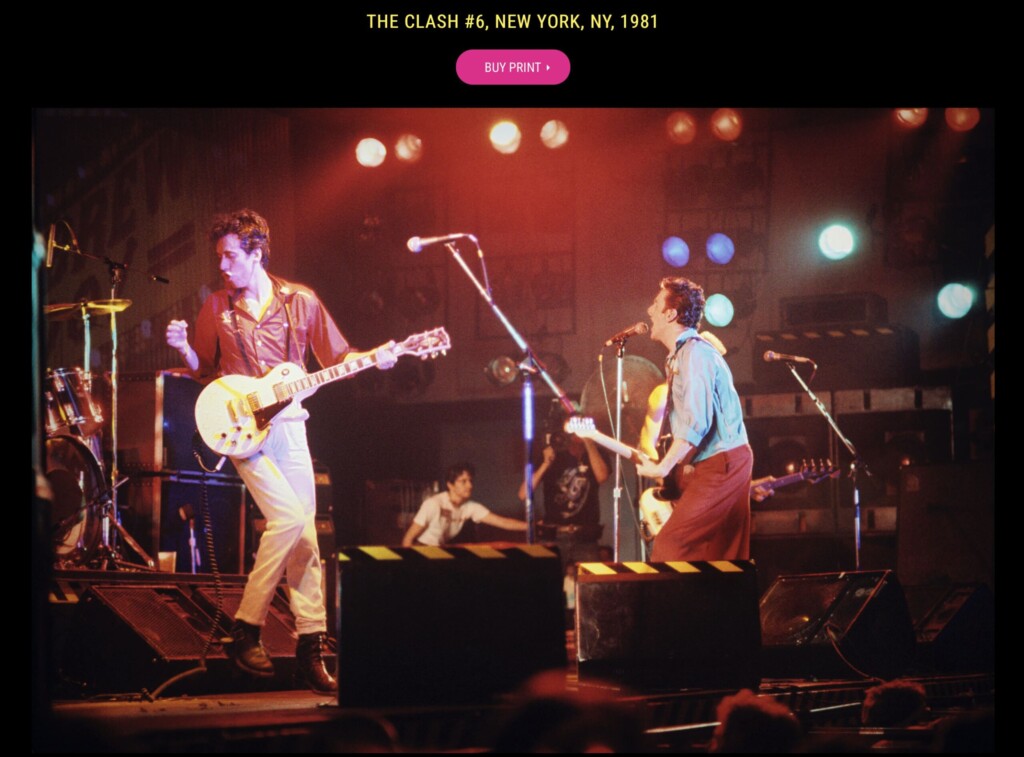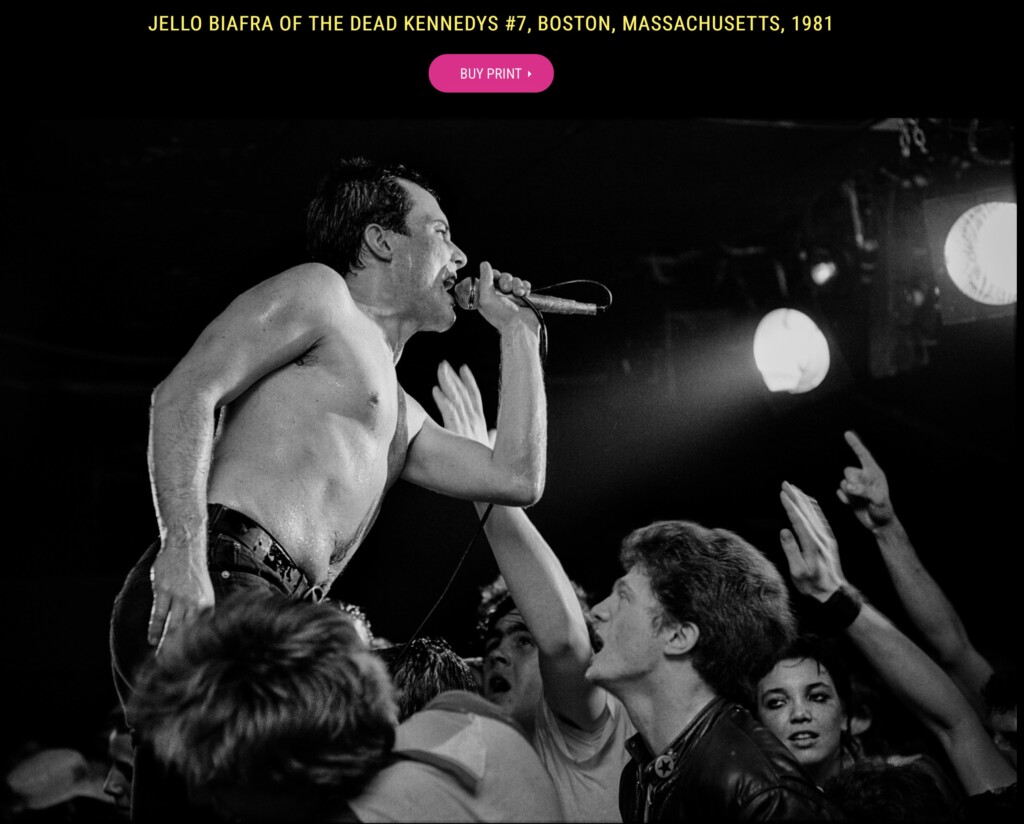Days of Punk
| Fashion
Echoes of Anarchy: How Message of Punk Resonates in Today’s World
Posted by Michael Grecco
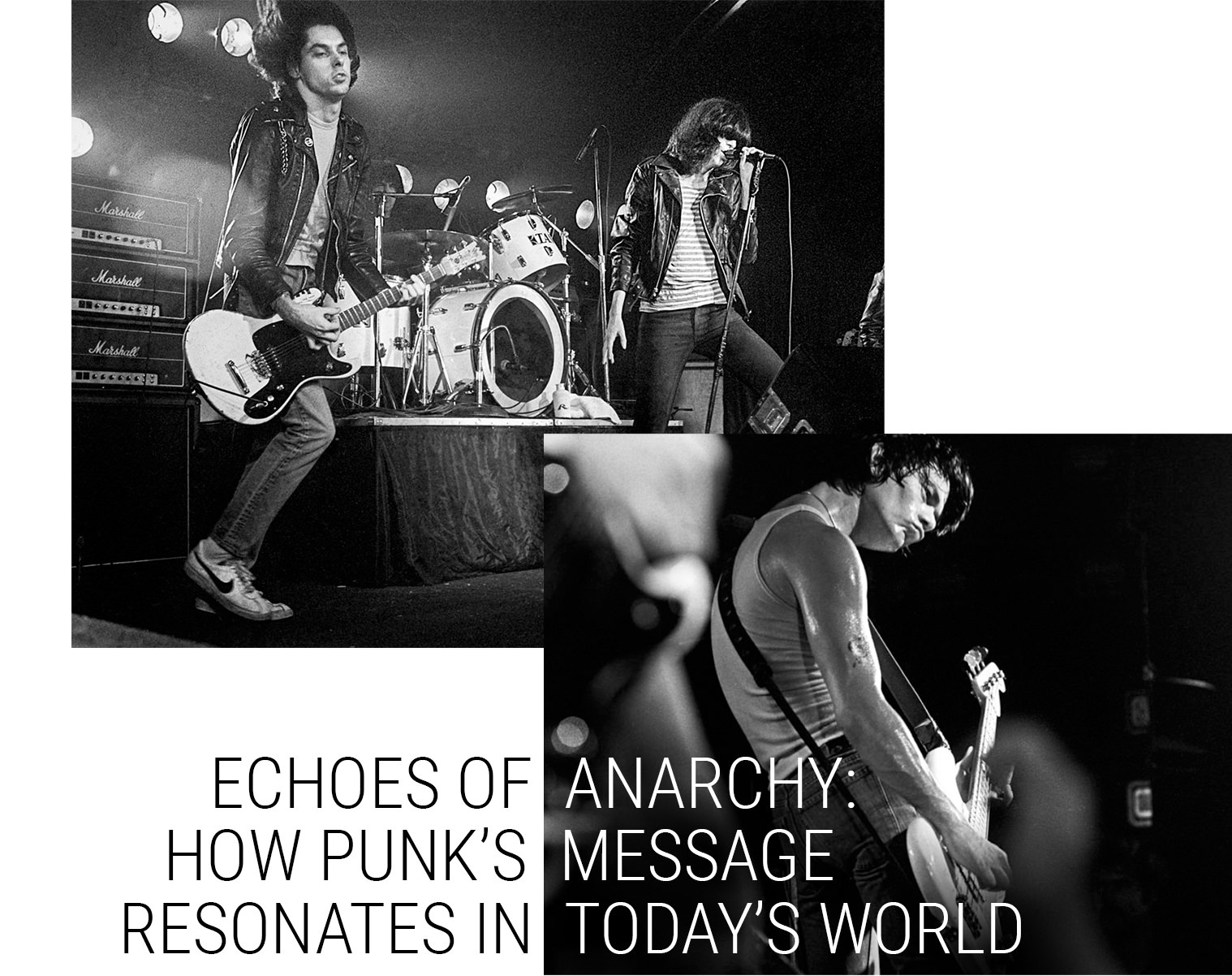
Echoes of Anarchy: How Message of Punk Resonates in Today’s World
The echoes of anarchy, a core message of punk in all its shades continues to resonate in today’s world. In the 1950s, Rock ‘n Roll morphed out of black blues and fused with pop. It was labeled as the devil’s music and banned in towns and cities throughout the world. This made it more appetizing. It quickly took over the music scene.
Throughout the 1960s Rock ‘n Roll became the popular music of choice. Once considered the music of anarchy that would destroy civilized society, it was tamed, packaged, sanitized, and sold by record companies that soon controlled the stables of artists who produced rock ‘n roll on demand. Each incarnation was quickly packaged and sold. In the mid-1970s, rock was mainstream.
On the Fringe
In the ungentrified industrial fringe neighborhoods of decaying manufacturing lofts, bars, restaurants and empty retail and residential spaces, the next generation was sending a new message of anarchy. Seemingly overnight in ungentrified neighborhoods from the US to the UK the motto became, “DIY, not EMI.”
In music, it meant independent record labels made in basements, garages, and abandoned theaters. It was the music of the streets that became a soundtrack for a lifestyle that stuck its finger up to corporate profits and conformity.
The rusting wrought iron décor of industrial revolution era buildings in forgotten neighborhoods became home to a disaffected generation. They wanted to be sedated to black out the undemanding, phony comfort of “counterculture” money and power that co-opted rock and sterilized it.
In clubs packed to their limits, the anarchy of rock was declared. In the fringe neighborhoods bars past their time were resuscitated with a new wave of rock, the anthems of anarchy. Blitzkrieg Bop by Ther Ramones, Anarchy in the U.K. by Johnny Rotten and the Sex Pistols were resonating on the fringes and with those who were forgotten and wanted to be forgotten by a society of sameness.
Echoes Captured in a Viewfinder
The revolution was not televised, but it was captured in the viewfinder of Michael Grecco’s 35 mm camera. Assigned to cover the new wave music at the clubs of Boston, Michael Grecco discovered a new culture, the birth of Punk.
DIY music was being created on the fringes of the disco era. It was far from the profits of corporate rock, and not at all polished and packaged. Michael Grecco and his viewfinder became a fixture during the birth of punk.
Joe Strummer, co-founder of The Clash said, “Punk rock isn’t something you grow out of Punk rock is an attitude, and the essence of that attitude is ‘give us some truth’. Michael Grecco grew into Punk rock and navigated and recorded its birth and life from the brightness of the day to the darkness of the night in spontaneous black and white and color film.
The Circle Game
Jello Biafra, lead singer of the Dead Kennedy’s knew then, “Punk Rock will never die”. The circle continues as society finds itself in another time when punk’s message resonates again in today’s world. The echoes of anarchy captured by the camera of Michael Grecco can now be heard loud and clear in exquisite fine art prints.
Look into the eyes, step on to the stage and feel the excitement and energy of a time when the anarchy of freedom echoed. Subjects of Michael Grecco fine art prints include, The Clash, Dead Kennedy’s, the B-52’s, The Fabulous Billygoons, Billy Idol and dozens of the voices of punk whose echoes can be heard today.

